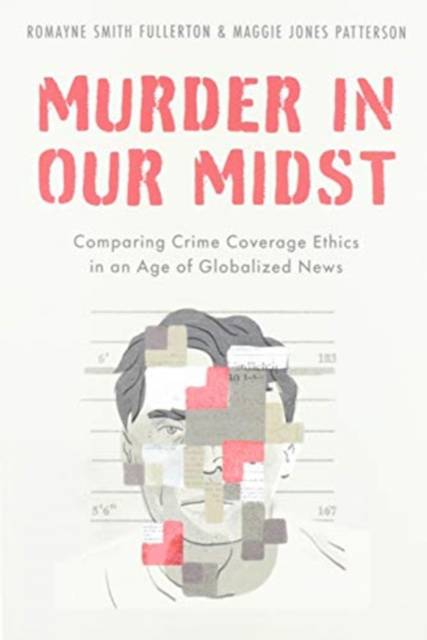
- Afhalen na 1 uur in een winkel met voorraad
- Gratis thuislevering in België vanaf € 30
- Ruim aanbod met 7 miljoen producten
- Afhalen na 1 uur in een winkel met voorraad
- Gratis thuislevering in België vanaf € 30
- Ruim aanbod met 7 miljoen producten
Zoeken
Murder in Our Midst
Comparing Crime Coverage Ethics in an Age of Globalized News
Romayne Smith Fullerton, Maggie Jones Patterson
Paperback | Engels
€ 64,45
+ 128 punten
Omschrijving
As immigration, technological change, and globalization reshape the world, journalism plays a central role in shaping how the public adjusts to moral and material upheaval. This, in turn, raises the ethical stakes for journalism. In short, reporters have a choice in the way they tell these stories: They can spread panic and discontent or encourage adaptation and reconciliation. In Murder in Our Midst, Romayne Smith Fullerton and Maggie Jones Patterson compare journalists' crime coverage decisions in North America and select Western European countries as a key to examine culturally constructed concepts like privacy, public, public right to know, and justice. Drawing from sample news coverage, national and international codes of ethics and style guides, and close to 200 personal interviews with news professionals and academics, they highlight differences in crime news reporting practices and emphasize how crime stories both reflect and shape each nation's attitudes in unique ways. Murder in Our Midst is both an empirical look at varying journalistic styles and an ethical evaluation of whether particular story-telling approaches do or do not serve the practice of democracy.
Specificaties
Betrokkenen
- Auteur(s):
- Uitgeverij:
Inhoud
- Aantal bladzijden:
- 320
- Taal:
- Engels
Eigenschappen
- Productcode (EAN):
- 9780190863548
- Verschijningsdatum:
- 4/01/2021
- Uitvoering:
- Paperback
- Formaat:
- Trade paperback (VS)
- Afmetingen:
- 155 mm x 231 mm
- Gewicht:
- 453 g

Alleen bij Standaard Boekhandel
+ 128 punten op je klantenkaart van Standaard Boekhandel
Beoordelingen
We publiceren alleen reviews die voldoen aan de voorwaarden voor reviews. Bekijk onze voorwaarden voor reviews.








